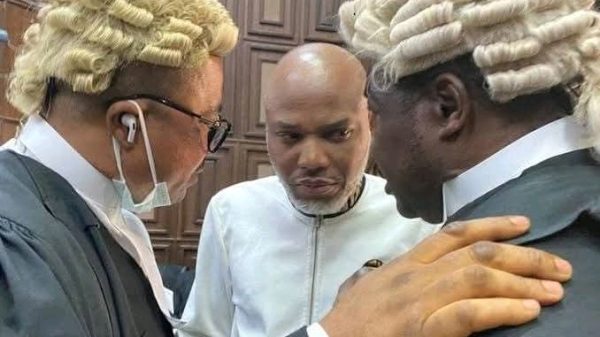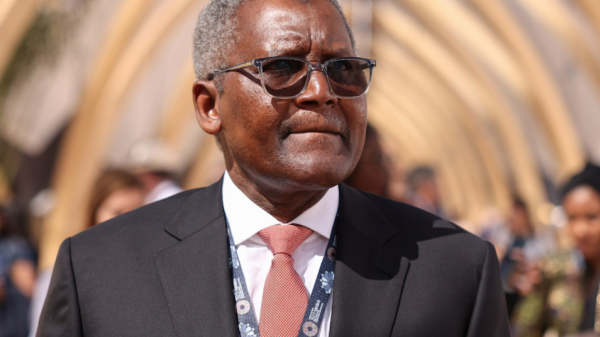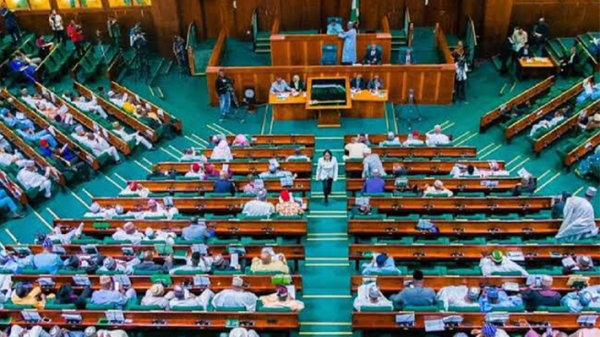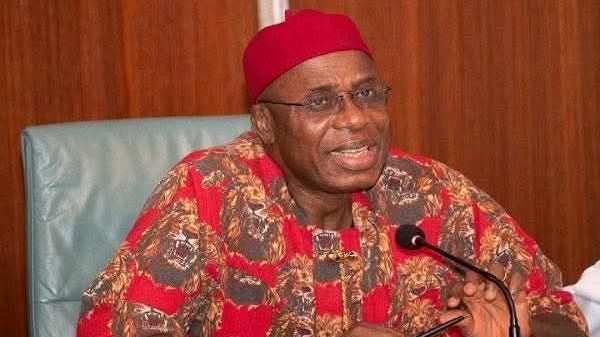In a significant development, police authorities have apprehended Bashir Hadeja, a high-profile businessman from Kaduna State, on serious charges of treason, gunrunning, and other trans-border crimes. This arrest comes in the wake of credible reports that Hadeja was allegedly involved in smuggling large quantities of weapons and precious metals. It is claimed that some of these gold bars were stolen from the Central Bank of Libya.
The arrest was made following extensive investigations into Hadeja’s activities, which allegedly include money laundering and other serious crimes. According to sources, Hadeja’s criminal operations extended beyond Nigerian borders, involving various forms of subversive activities against the government. The allegations against him are particularly grave, as they suggest that he was not only involved in smuggling but also in facilitating terrorism within Nigeria’s northern states.
Reports indicate that Hadeja was engaged in trading dangerous weapons while using gold as a cover for his illicit activities. He has been accused of aiding terrorism and other forms of criminality across northern Nigeria. The extent of his alleged involvement is further highlighted by claims that he had connections with sponsors from the northern states and a few southern politicians, which added a complex layer to his operations.
During the investigation, security forces uncovered substantial evidence linking Hadeja to several high-profile criminal activities. Among the incriminating documents found were records related to impersonation, including tracking documents of notable personalities. Additionally, an international passport from the Republic of Vanuatu was discovered, which is set to expire on September 14, 2030. This passport is believed to have been used as part of his attempts to evade detection and facilitate his illegal activities.
A notable piece of evidence in the case is a video that shows Hadeja displaying gold bars featuring a statue of Muammar Gaddafi. These gold bars are believed to have been stolen from the Central Bank of Libya, further implicating Hadeja in international smuggling and theft. This video provides a visual confirmation of his involvement in trading stolen assets on a large scale.
In response to intensive interrogation, Hadeja has reportedly begun cooperating with authorities. He has provided information about his sponsors and allies, including a former director of the Department of State Security Service (DSS). His cooperation is expected to shed light on the broader network involved in these criminal activities and may lead to further arrests and revelations.
Johannes Tobi Wujola, a former spokesperson for the Federal Inland Revenue Service (FIRS), has commented on the significance of Hadeja’s arrest. Wujola described it as one of the most substantial apprehensions of the decade, noting the intricate nature of the operation due to Hadeja’s connections with past and present government officials. He highlighted the challenges faced by law enforcement due to the complex web of relationships involved.
Wujola also predicted that there would be significant fallout from this arrest. He suggested that there might be considerable resistance and attempts to undermine the investigation from individuals and groups connected to Hadeja. According to him, the ongoing investigation is expected to uncover more details about the criminal network associated with Hadeja. He emphasized that the network is extensive and involves multiple layers of criminality.
The arrest of Bashir Hadeja marks a crucial moment in the broader fight against transnational crime and corruption in Nigeria. The investigation into his activities is likely to have far-reaching implications, potentially leading to further arrests and exposing deeper connections within the criminal underworld. As the case progresses, it will be closely watched for its impact on Nigeria’s efforts to combat organized crime and corruption.
The ongoing investigation promises to reveal more about the extent of his criminal activities and his connections, marking a pivotal moment in the fight against organized crime in Nigeria.










































































































